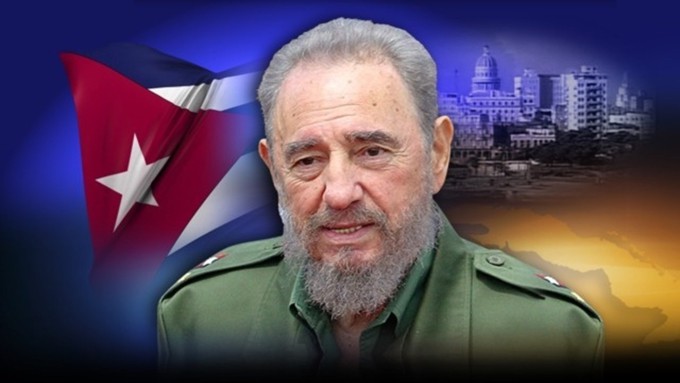
Florida, Camagüey, September 16. -The Florida Municipal Pedagogical Documentation and Information Center (CDIP, for its acronym in Spanish), as part of the commemoration of the centennial of Fidel Castro's birth, organized a talk for Physical Education teachers during their methodological preparation.
The activity, coordinated by Master's Degree holder Atila Toledo, methodologist from the General Directorate of Education, and his counterpart from the Sports Sector, Dante Sánchez, featured the participation of technical specialists from the CDIP who highlighted the life, work, and legacy of the historic leader of the Cuban Revolution and focused on his comprehensive vision of human development, which included academic instruction and physical and sports training as fundamental pillars for the nation's progress.
During the session, the bibliography available at the CDIP related to Fidel Castro Ruz was promoted, with special emphasis on key works such as All the Time of the Cedars, One Hundred Hours with Fidel, Fidel and Religion, and A Grain of Corn. These texts, which range from biographical perspectives to analyses of his political and social thought, were presented because they constitute essential resources for educators to enrich their teaching work and convey the values ??and ideals of the Revolution to students.
The initiative sought to promote access to documentary sources that allow for a deeper understanding of Fidel's role in Cuban history and his influence in areas such as sports and physical education. It is part of a broader program developed by the CDIP in collaboration with school librarians since the beginning of the 2025-2026 school year to celebrate the centennial of the Commander-in-Chief. This program includes various activities, including workshops, bibliographic exhibitions, and debates, designed to highlight the relevance of his thought in the education of new generations.
The occasion served to reinforce the importance of teachers' ideological and methodological preparation and ensure that they incorporate the principles of the Revolution into their teaching.
The methodologists emphasized the need to use these bibliographic resources as practical tools in the classroom, while the CDIP techniques emphasized the role of cultural and educational institutions in preserving and promoting revolutionary thought.
The initiative reflects the Cuban educational system's ongoing efforts to keep Fidel Castro alive as a historical reference and guide for new generations in the pedagogical, sports and social fields. (Luis Ortiz Chaviano/Radio Florida) (Photo: Taken from Internet)